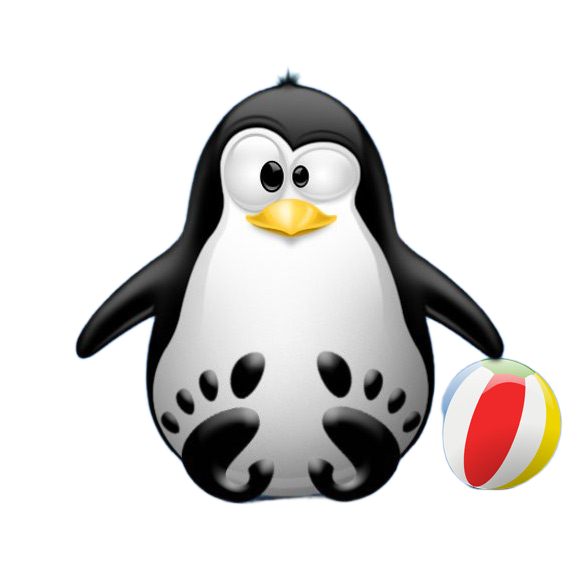What is GNU/Linux?
When asking “What is GNU/Linux?” you are delving into a fascinating world of computing.
GNU/Linux is an Open-Source Operating System that combines the GNU system and the Linux kernel.
The GNU Project was started by Richard Stallman in 1983 to develop a free Unix-like OS.
The Linux kernel, created by Linus Torvalds in 1991, completes the system to form GNU/Linux.
Many refer to this combination simply as “Linux,” but “GNU/Linux” is more accurate.

The term “open-source” means that the source code is freely available to anyone.
Users can view, modify, and distribute GNU/Linux, fostering a community of collaboration.
This freedom allows for extensive customization, making GNU/Linux highly versatile.
GNU/Linux is known for its stability, security, and performance, often outshining proprietary systems.
It is used in a wide range of devices, from servers and desktops to mobile phones and IoT devices.
One of the main advantages of GNU/Linux is its strong community support.
Countless forums, tutorials, and documentation are available to help users at all levels.
GNU/Linux distributions, or “distros,” bundle the kernel with various software and tools.
Popular distros include Ubuntu, Fedora, Debian, and Arch Linux, each with its unique features.
Choosing a distro depends on your needs, whether for ease of use, performance, or customization.
GNU/Linux is also preferred by developers for its powerful tools and development environment.
It supports a wide range of programming languages and frameworks out of the box.
Security is a major strength of GNU/Linux, with a robust permissions system and minimal malware.
Regular updates and a vigilant community contribute to its secure nature.
Many of the world’s servers, including those of tech giants, run on GNU/Linux.
It powers supercomputers, stock exchanges, and even the International Space Station.
For personal use, GNU/Linux offers a variety of desktop environments like GNOME, KDE, and XFCE.
These environments provide user-friendly interfaces and a range of customization options.
Package managers like APT, YUM, and Pacman make software installation and management easy.
The command line interface (CLI) on GNU/Linux is powerful, allowing for precise control.
However, modern distros provide graphical interfaces for those less comfortable with the CLI.
GNU/Linux also supports a wide range of applications, from office suites to multimedia tools.
Many popular applications have Linux versions, and alternatives exist for most Windows software.
Gaming on GNU/Linux has improved significantly, with platforms like Steam supporting many titles.
Emulators and compatibility layers like Wine allow running Windows games and applications.
The cost of GNU/Linux is another attractive feature, as most distros are free to download and use.
This can be a significant saving, especially for organizations or educational institutions.
GNU/Linux’s flexibility extends to its use in embedded systems and specialized hardware.
It is used in routers, smart TVs, automotive systems, and various other applications.
Learning GNU/Linux can be a valuable skill, opening up opportunities in IT and development.
Many certifications, like CompTIA Linux+ and LPIC, validate your GNU/Linux knowledge.
Switching to GNU/Linux may seem daunting, but the benefits are well worth the effort.
With time and exploration, you’ll discover the power and freedom GNU/Linux offers.
In conclusion, when someone asks “What is GNU/Linux?” it’s about more than just software.
It’s about a philosophy of freedom, collaboration, and community-driven innovation.